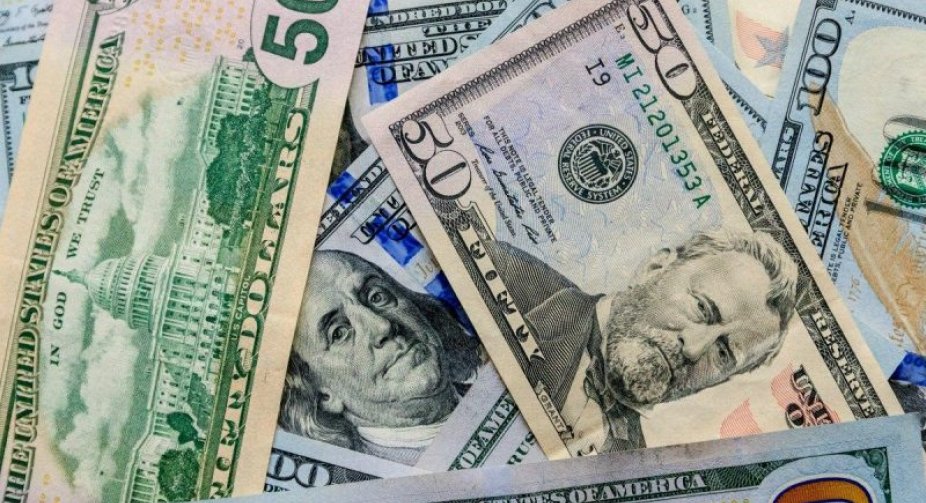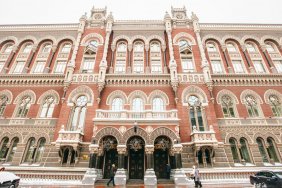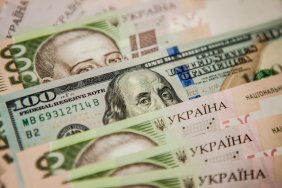Restrictions for banks to set the rate of currencies for sale have been removed. This is done to equalize their opportunities with the exchangers in this market, where there is often speculation. Restrictions on the non-cash market remain, the NBU said in a clarification.
"Since May 21, 2022, the NBU has allowed banks not to infringe on their rates for the sale of cash currency. This aligns conditions for banks compared to exchangers, which will help to improve the efficiency of the cash market and reduce exchange rate fluctuations in it," the NBU said.
May 21, the NBU also lifted restrictions on the rate at which banks write off funds from customers' accounts in hryvnia, if the customers pay by hryvnia cards abroad or withdraw cash currency from cards. This is done to level the playing field between people abroad and in Ukraine. It also minimizes card tourism (when the money is taken out of cards abroad and the currency returns to Ukraine in cash on the illegal market). This is aimed to protect the currency reserves.
The official exchange rate of the Ukrainian hryvnia to the US dollar remains fixed at UAH 29.25 per US dollar. USD. The exchange rate fixation allows restraining the inflationary processes (due to cheapening of critical imports) and keeping inflation expectations under control, as the NBU noted.
The restrictions on setting the exchange rate by banks in the non-cash segment of the foreign exchange market also remain unchanged. "Banks should continue to conduct non-cash currency purchase and sale transactions with customers at a range of rates, where the lower limit is the official rate and the upper limit is the official rate +1%," the regulator said.
But the cash market operates in a limited mode during martial law. Banks may sell foreign currency through cash desks only in the amount in which they bought it from the population. Plus, the NBU put a "curtain" on the flow between the cash and non-cash segments of the market and the volume of sales of cash currency by banks.
"Now the cash market is mostly used to buy currency for speculative earning, financing "gray" imports that are not critical, and transferring savings into foreign currency. None of these areas is a critical priority to support the economy in times of war. Therefore, the National Bank does not spend shortage of international reserves to smooth fluctuations in this market segment," indicated the regulator.
Since May 21, the National Bank has abolished restrictions on the sale rate of foreign currency for banks.






